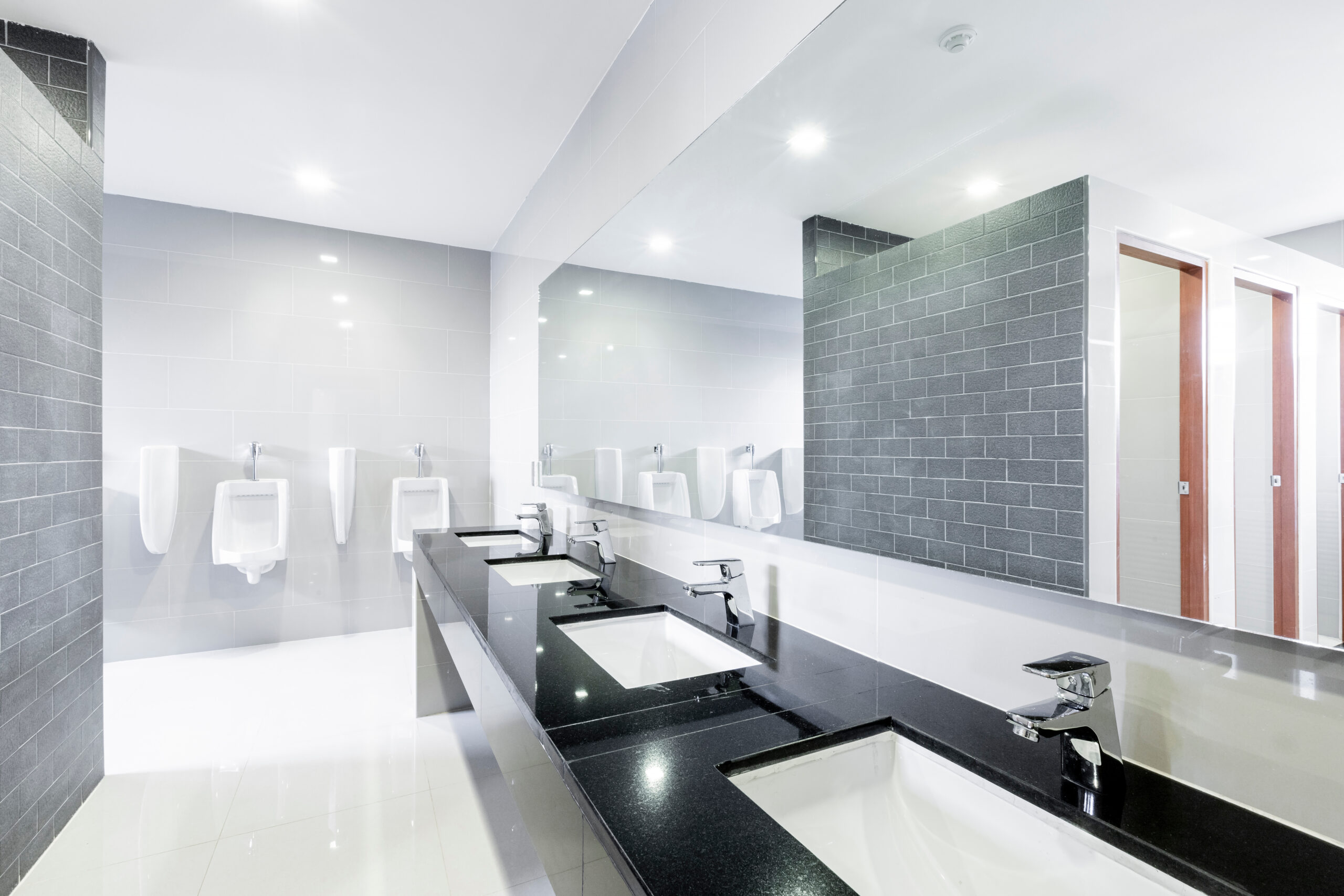Asphalt Concrete: What Is It & Which Type Is Right for Your Facility?
A cracked, worn-out parking lot can be more than an eyesore—it creates safety hazards, frustrates visitors, and leads to expensive repairs. Facility managers dealing with potholes, drainage issues, or heavy traffic loads need more than just any asphalt solution; they need the right one. Choosing the wrong type of asphalt concrete can lead to premature deterioration, costly maintenance, and inefficient performance. Understanding the different types of asphalt concrete and their applications can help make cost-effective, long-lasting decisions for any facility.
From parking lots and driveways to loading docks and roadways, asphalt concrete plays a crucial role in facility infrastructure. However, not all asphalt is created equal. Various types are engineered for specific conditions, and selecting the right one ensures durability, functionality, and the best return on investment.
Understanding Asphalt Concrete
Asphalt concrete, often referred to simply as asphalt, is a composite material consisting of aggregates—such as sand, gravel, or crushed stone—bound together by asphalt binder, a black petroleum-based substance. Known for its durability, flexibility, and cost-effectiveness, asphalt is widely used for paving surfaces in commercial, industrial, and municipal settings.
Despite its common usage, many facility managers may not realize how much variation exists within asphalt concrete types. Different formulations serve distinct purposes, whether for handling heavy vehicle loads, improving stormwater drainage, or reducing maintenance needs. Choosing the right type depends on several factors, including:
- Traffic volume and load capacity – How many vehicles will use the surface daily, and what weight will they carry?
- Climate conditions – Is the area subject to extreme temperature fluctuations, frequent rainfall, or freeze-thaw cycles?
- Expected lifespan and maintenance requirements – How often will the surface require repairs or resurfacing?
- Environmental impact – Are sustainability and stormwater management priorities?
With these considerations in mind, here’s a closer look at the most common types of asphalt concrete and their ideal applications.
Types of Asphalt Concrete
Each type of asphalt concrete has unique characteristics that determine where and how it should be used. The most common types include hot mix asphalt, warm mix asphalt, cold mix asphalt, porous asphalt, and perpetual pavement.
Hot Mix Asphalt (HMA)
Hot mix asphalt is the most commonly used type, recognized for its strength, durability, and ability to withstand heavy traffic and harsh weather conditions.
- Produced by heating aggregates and asphalt binder to around 300°F (149°C) for optimal workability.
- Provides a smooth, compacted surface that resists cracking and water damage.
- Commonly used in high-traffic areas such as parking lots, access roads, highways, and industrial facilities.
- Requires specialized equipment and a controlled environment for proper installation.
Because HMA must be applied at high temperatures, it cools quickly. This means that projects using HMA require efficient scheduling and professional expertise to ensure quality installation.
Warm Mix Asphalt (WMA)
Warm mix asphalt is a variation of HMA but is produced at lower temperatures—typically between 200°F and 250°F (93°C to 121°C).
- Lower production temperatures result in reduced energy consumption and lower emissions, making it a more environmentally friendly option.
- Provides enhanced workability, allowing for easier compaction and transportation over longer distances.
- Works well in colder climates where rapid cooling might otherwise make HMA difficult to install.
- Suitable for moderate to high traffic areas, offering durability and performance similar to HMA.
WMA is gaining popularity for sustainable construction projects due to its lower carbon footprint and reduced fumes during installation.
Cold Mix Asphalt
Cold mix asphalt does not require heating, making it highly versatile for temporary fixes and emergency repairs.
- Mixed at ambient temperatures using special additives to keep the asphalt binder soft and workable.
- Commonly used for patching potholes, repairing small surface areas, and temporary fixes during colder months.
- Less durable than HMA or WMA, making it unsuitable for high-traffic areas or long-term solutions.
While cold mix asphalt offers convenience and cost savings for minor repairs, it is not recommended for permanent installations in areas with frequent vehicle use.
Porous Asphalt
Porous asphalt is engineered to allow water to pass through the pavement, making it an excellent solution for stormwater management.
- Features an open-graded aggregate structure that enables rainwater to filter through the surface and into the underlying soil.
- Reduces surface runoff, minimizing flooding and erosion issues.
- Commonly used in parking lots, pedestrian walkways, and environmentally sensitive areas.
- Requires periodic maintenance, such as vacuum sweeping, to prevent clogging and ensure continued permeability.
This type of asphalt is particularly beneficial in areas with stringent environmental regulations or where drainage issues are a concern.
Perpetual Pavement
Perpetual pavement is a multi-layered asphalt design intended for long-term durability with minimal maintenance.

- Built with multiple layers, each designed to handle different stresses.
- The top layer can be resurfaced or replaced periodically without disturbing the structural layers underneath.
- Ideal for heavy-use areas such as highways, industrial lots, airports, and distribution centers.
- Reduces long-term costs by minimizing full-depth reconstruction needs.
Though the initial investment for perpetual pavement is higher, its long-term cost savings and durability make it an attractive option for facilities that expect heavy traffic for decades.
Choosing the Right Asphalt Concrete for Your Facility
Selecting the best asphalt type for a facility depends on several key factors:
- Traffic Load & Vehicle Type – Heavily trafficked areas with large trucks or industrial vehicles require robust solutions like hot mix asphalt or perpetual pavement.
- Climate Considerations – Facilities in areas with harsh winters or extreme heat should choose an asphalt type that resists cracking and thermal expansion, such as warm mix asphalt or HMA.
- Stormwater Management Needs – If water drainage is a priority, porous asphalt may be the best option.
- Project Budget & Time Constraints – Temporary repairs or quick fixes may call for cold mix asphalt, while long-term investments might favor perpetual pavement.
- Environmental Goals – Facilities looking to reduce their carbon footprint may opt for warm mix asphalt or porous asphalt for their lower emissions and environmental benefits.
Conclusion
Asphalt concrete remains one of the most versatile and cost-effective paving materials for commercial and industrial facilities. Selecting the right type ensures a durable, functional surface while optimizing long-term maintenance costs and performance. By evaluating traffic demands, climate conditions, budget, and sustainability goals, facility managers can make informed decisions that protect their investment and enhance overall infrastructure.
Choosing the right asphalt isn’t just about immediate results—it’s about ensuring long-term durability, efficiency, and cost savings. Proper planning and material selection can help create a smooth, resilient surface that meets the unique demands of any facility.






